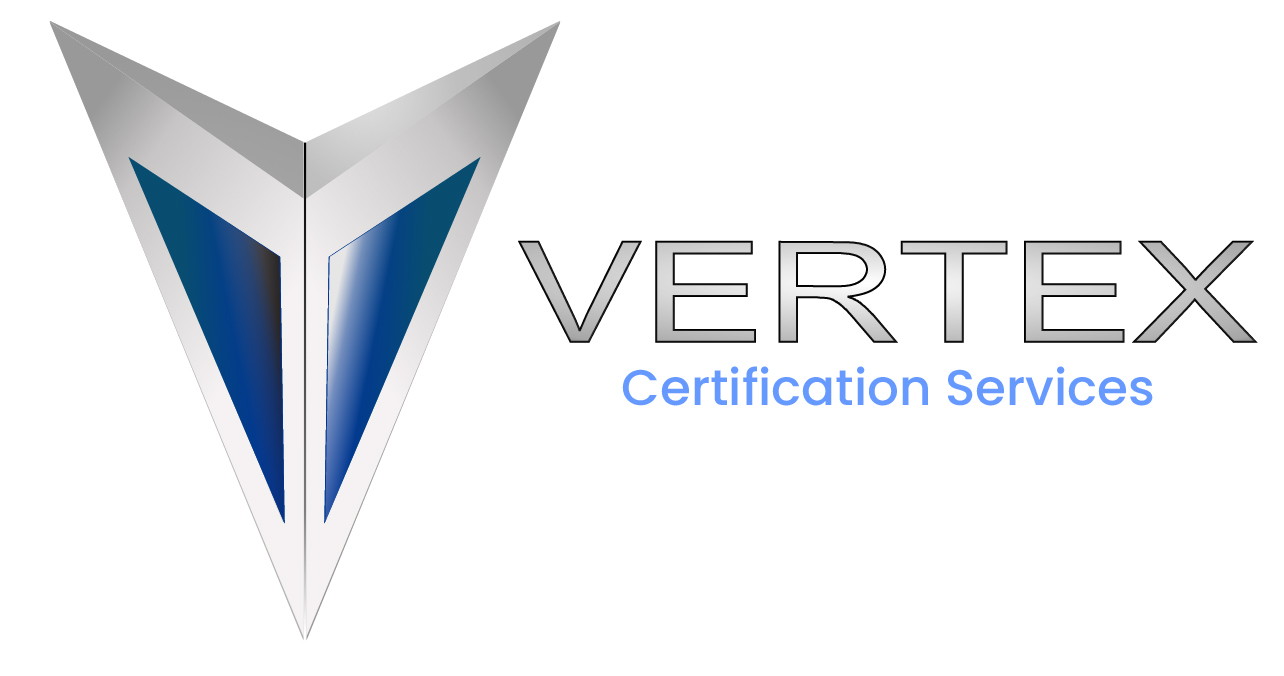
Management System Certification
Organizations benefit from certification of management systems since it serves as a guarantee of dependability for clients, partners, staff members, and subcontractors. Also, the value of the guarantee increases with the reputation of the awarding authority.
An organization can use a management system, which is a set of guidelines and protocols outlined in an internationally recognized standard, to achieve certain goals like, for instance, customer happiness and continual performance improvement. Organizations that have opted to optimize their organizational structure and equip themselves with effective management systems, acceptable skills, and suitable internal tools and processes are recognized for their entrepreneurial competence through management system certification (such as performance indicators). It demonstrates the professionalism of the workplace culture that the entire business upholds. It attests to the company’s dependability, ability to deliver consistent results, and dedication to consistently raise the bar for quality. It ensures dependability for clients, vendors, and staff.
Why you should adopt a Management System?
A management system is a crucial tool for streamlining your company’s operations and increasing productivity. The right management system implementation and certification for your company’s operations boost business performance and incorporate safe and sustainable practices. Practically speaking, it indicates your ability to satisfy client wants and, in doing so, helps your company to strengthen its ties to them as well. An efficient management system focuses on risk management and optimization, enhancing performance and transparency, and fostering a culture of ongoing development. The main factor in determining whether a customer’s expectations of a business’s quality or dependability are met is frequently the implementation of the standard for that system.
Adopting management system standards and earning ISO certification will help you accomplish this. Adopting management standards is a crucial component of many firms’ growth strategies, thus adopting this plan is not only about checking boxes. They secure a more resilient and sustainable business, which in turn meets the objective of meeting or exceeding consumer expectations, by assuring continuous improvement to their products
and services as well as efficiency and performance.
ISO 9001:2015 (Quality Management System)
The certification to ISO 9001:2015 is a general requirement. Any sort of company, including all manufacturers, all traders, all service providers, institutions, laboratories, hospitals, etc., may use this standard.
ISO 14001:2015 (Environmental Management System)
An environmental management system certification is ISO 14001:2015. Most organizations that produce pollution, such as factories and construction companies, adopt this guideline. Pollution can take many different forms, including air, water, soil, noise, etc. Yet, some service providers are increasingly adopting ISO 14001:2015 certification in order to simply meet tender requirements.
ISO 45001:2018 (Occupational health and safety assessment)
Occupational Health & Safety Management System is defined by ISO 45001:2018. This standard guarantees the health and safety of workers inside the company. This standard is mostly used in organizations where there is a danger to the health and safety of the workforce, such as in manufacturing, civil construction, and some service providers.
ISO 27001:2013 (Information Security Management System)
Information Security Management System is the name of the ISO 27001:2013 standard. The majority of organizations who provide IT related services and occasionally other kinds of organizations have accepted this standard. This standard provides reassurance that an organization is upholding international standards for the security of information and data obtained from customers.
ISO 13485:2016 (Medical Devices Quality Management System)
The Medical Device Quality Management System standard is ISO 13485:2016. The organization involved in medical-related products or equipment has adopted this standard. Each company that produces medical-related products or devices is required to have a CDSCO license (The Central Drugs Standard Control Organization)
ISO 50001:2018 (Energy Management System)
The term “energy management system” is used in ISO 50001:2018. According to international standards, this standard governs how an organization manages its energy use. This guideline guarantees that the organization will expand the most energy possible.
IATF 16949:2016 (International Standard for Automotive Quality Management
System)
The International Standard for Automotive Quality Management Systems is IATF 16949:2016. The International Automotive Task Force (IATF) members collaborated to establish IATF 16949, which was then submitted to the International Organization for Standardization (ISO) for approval and publishing.
ISO 27032
Cyber security, which is defined as the preservation of the confidentiality, availability, and integrity of data information in the cyberspace, is the subject of the phrase ISO 27032. Cyberspace is today
understood to involve an interaction between people, software, and global technical services.
ISO 20000-1
A service management system (SMS) standard is ISO 20000-1:2011. It outlines the conditions that must be met by the service provider in order for an SMS to be planned, established, put into operation, monitored, reviewed, maintained, and improved.

